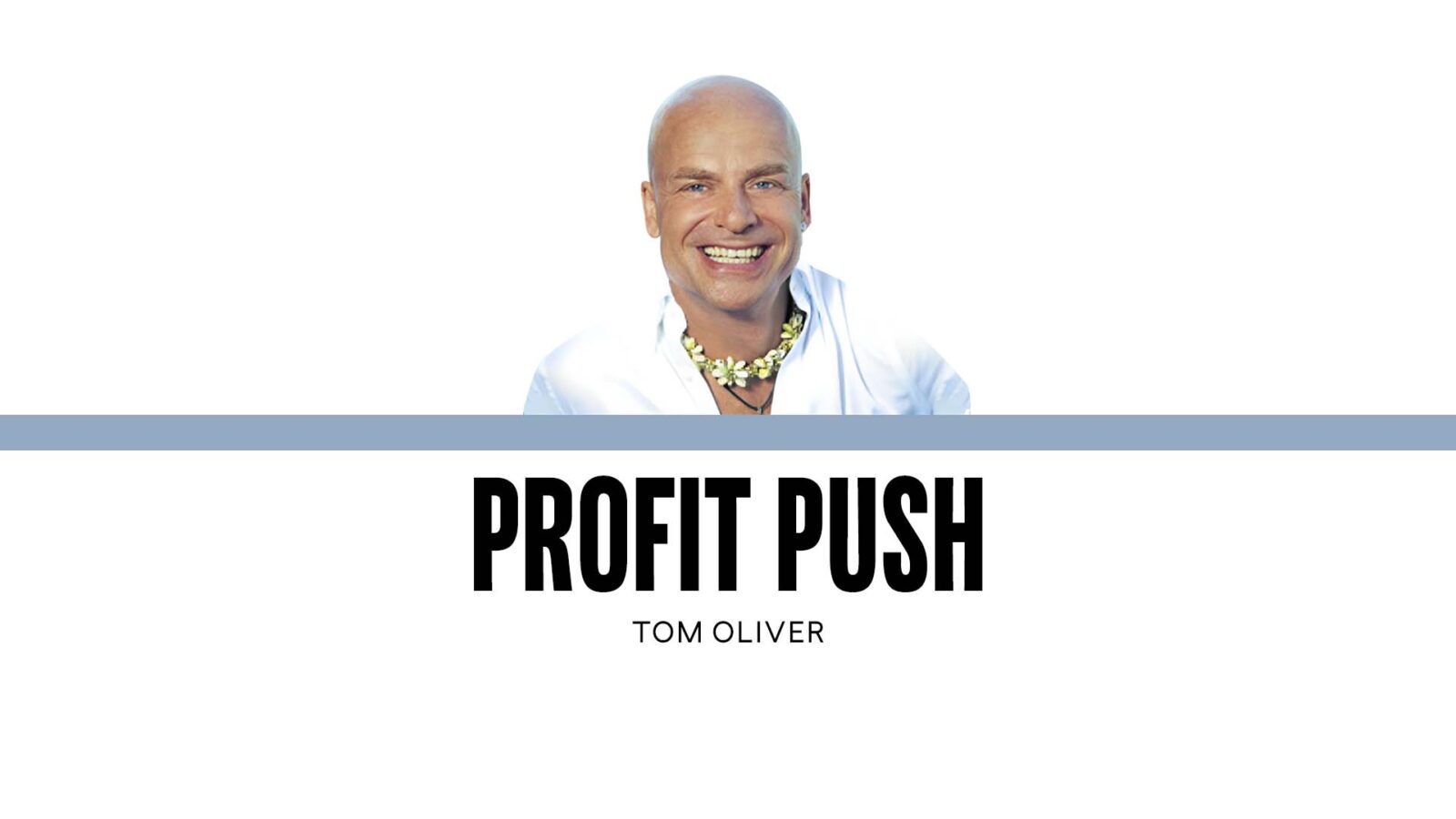What they don’t want you to know: Billionaire habits to skyrocket your success

People love to admire billionaires from afar. But most assume they became successful because they were lucky, born into the right family or had unfair advantages.
That’s a lie. I’ve been fortunate enough to collaborate with, mentor and advise some of the richest business owners on the planet, including owners of large family business conglomerates around the world, and even some of the most famous business leaders you read about frequently in the news.
What I’ve learned during those many years is that there is a method to madness, and billionaires, especially the ones who are self-made and create vast fortunes and empires, apply certain principles, mindsets and habits that allow them to reach the pinnacle of their professional success.
When I mentor them how to get to even greater heights, I lead them through a process of analyzing their habits, their mindsets and their beliefs, and then I refine them and elevate them so that they can get to an even higher level in their game, both professionally and personally.
I will share some of them here.
1. The hidden superpower: The state of calm
If there’s one trait I’ve consistently observed in billionaires during times of chaos, it’s their ability to remain calm.
Most people operate in reaction mode. Their buttons get pushed easily. When something goes wrong, they panic, shout, get angry or spiral into anxiety.
Not billionaires. Most of them master their state first—especially under pressure. And that’s what gives them an edge. They don’t allow external circumstances to dictate their inner world.
This state of calm is a trained skill, not a personality trait. It’s what allows them to make strategic decisions in crisis while others are melting down.
Some do it through meditation, some through quiet morning rituals, some through breathing, others through training themselves to pause and think before acting.
Whatever the method, the outcome is the same: Controlled emotions, clear thinking and decisive leadership.
And that’s where true power begins. If you want to be upset, set a timer. Give yourself 20 or 30 minutes to be really upset, then focus on what you can do to remedy the situation.
2. Long-term vision: They see what others don’t
Some of the most successful self-made billionaire entrepreneurs I’ve worked with have a vision that goes decades into the future. I remember my collaboration with a famous self-made billionaire from Asia, whose family and business I advised, who created one of the best-known brands and success stories in his industry globally while being an underdog from the get-go.
His vision reaches 50 years into the future. When asked about the fact that—he, being in his 70s—is probably not going to live until his 120s, he replies “Yes, of course!”
Imagine how motivated the people are in such an organization if they know that the founder and main owner has a plan and a vision that reaches 50 years into the future.
There is no wonder that companies like these attract the best of the best in their industry. Everybody just feels very secure, very motivated and driven because this organization has a clear purpose that stretches far beyond what most organizations define as a long-term planning horizon.
This is why my team and I regularly do 10-year or even longer-term plans for our clients because it gives them such clear vision, purpose, determination and focus.
Remember: Long-term vision breeds clarity. Clarity breeds performance.
Most business owners, top executives and even CEOs get too caught up in the day-to-day, in the tactical part of the business but spend way too little time on long-term vision.
When my team and I start these long-term planning and vision sessions with our clients, we always ask: “What’s your company’s reason for existence? And if you look five, 10, 15, 20 years into the future, why should your business still be around? What is going to be your purpose that is going to be relevant for the consumers and the clients of tomorrow?”
If you cannot answer these, then you really have to work on your vision. Because even though this may seem far-fetched to some, this is actually a hidden superpower of the absolute high achievers and billionaire founders of multibillion-dollar businesses.
They have a very clear sense of purpose and long-term vision of what their company is going to accomplish.
They’re so passionate about it that it naturally spills over to everyone else in the organization and attracts the high achievers.
And here’s the paradox: This long-term vision is what helps them stay calm in the face of setbacks. They’re not thrown off by short-term failures, because they never confuse a bad quarter with a bad life.

3. Resilience in the face of obstacles
Every billionaire has a “hell story”—a moment when things fell apart, betrayal hit or they nearly lost it all.
And every single one of them bounced back.
Jensen Huang, CEO of NVIDIA, faced moments when the company could have gone bankrupt.
He was not spared failure. But what separated him was his resilience. He kept going. He learned. He adapted. And today, he leads one of the most valuable companies in the world.
That’s the pattern: They don’t let setbacks define them. They don’t take it personally. They don’t wallow. They move.
Resilience doesn’t mean pretending nothing is wrong. It means recovering fast. It’s the ability to take a hit, process it and bounce back smarter and stronger.
Billionaires see failure as part of the game. They treat it as feedback, not as a final judgment.
And that mindset is priceless.
4. Hyperfocus: The billionaire’s execution mode
While the long-term vision is always in mind, billionaires execute in the present with extreme focus.
This is a pattern I’ve observed in all of them: They know when it’s time to zoom in and eliminate distractions. They can go deep for hours on a single topic or decision. They protect their calendar. They don’t chase every shiny object. And they’re not trying to be involved in everything—they want to do the one thing that really moves the needle.
Hyperfocus means working on high-leverage activities and ignoring the noise. It’s not about being busy. It’s about being ruthlessly effective.
5. Tunnel vision on key priorities: The power of strategic ‘no’
It means being obsessed with the mission and blocking out everything that doesn’t matter. It means saying no to 99 percent of incoming requests, ideas, meetings and “opportunities.”
Billionaires don’t try to please everyone. They don’t feel guilty for protecting their time. They are extremely clear about their core priorities—and they defend them.
This kind of clarity is what builds momentum. It removes friction. And it prevents you from chasing distractions that look like growth but lead nowhere.
It’s not that they don’t see other options. They just have the discipline to ignore anything that doesn’t serve the mission. Tunnel vision isn’t blindness. It’s a strategic focus.
Tom Oliver, a “global management guru” (Bloomberg), is the chair of The Tom Oliver Group, the trusted advisor and counselor to many of the world’s most influential family businesses, medium-sized enterprises, market leaders and global conglomerates. For more information and inquiries: www.TomOliverGroup.com or email Tom.Oliver@inquirer.com.ph.





















Talent, transition and continuity: 2026 hiring and succession in PH economy